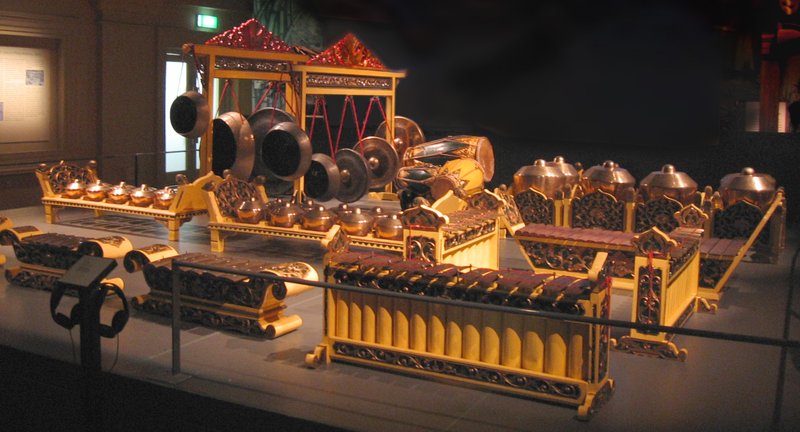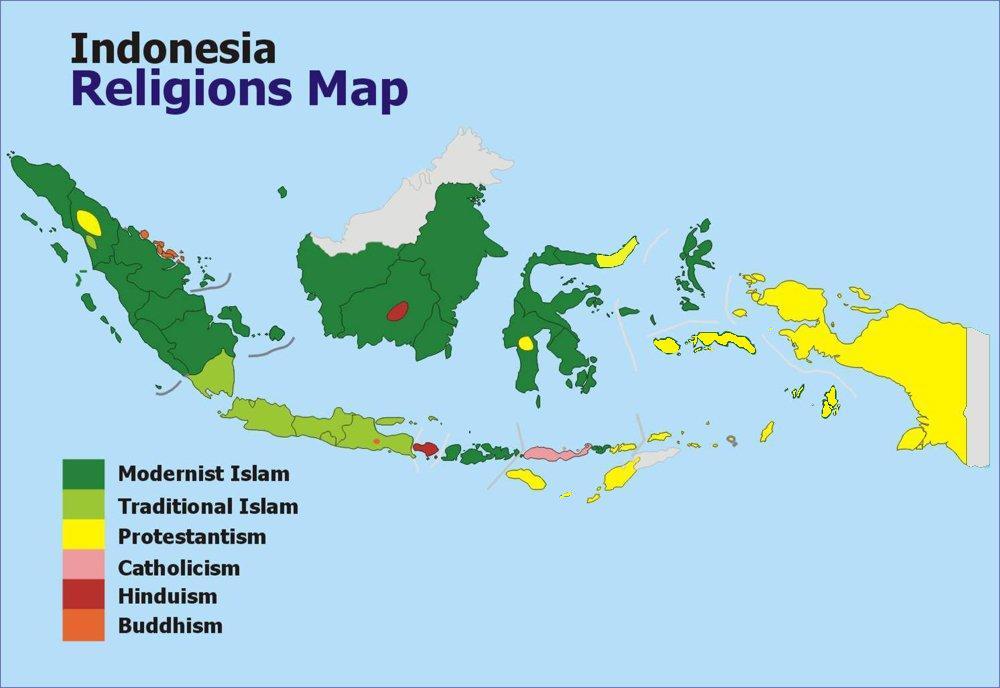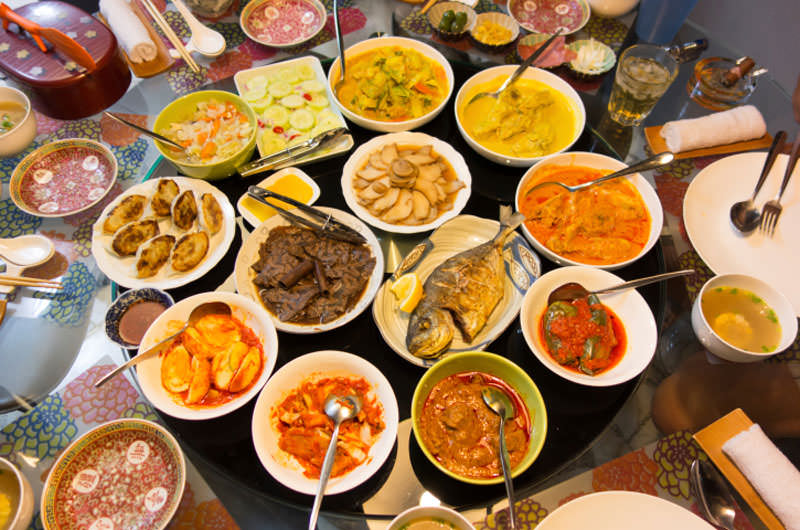Indonesian culture
Indonesian culture is molded through a long interaction among the original indigenous customs and numerous external influences. Indonesia is located along ancient trade routes between the Far East, South Asia, and the Middle East, hence, Indonesia has been influenced by many religions, including Islam, Hinduism, Buddhism, Confucius, and Christianity. Cities are the business centers; they are a multifarious cultural salad bowl that is poles apart from the original indigenous cultures. Instances of the integration of Islam with Hinduism include Abangan belief’
The Abangan are Javanese people who are Muslims and practice a much more syncretic version of Islam than the more orthodox santri. Abangan are more inclined to follow a local system of beliefs. Their belief system integrates Hinduism, Buddhism, Kaharanganism and animism intermingled with art, music and Pencak Silat, an umbrella term for a class of related Indonesian martial arts.
The Western world has influenced not only Indonesian culture in science, technology, and Modern entertainment such as television, film, and music, but also the political system and issues. Indian culture has been particularly influential in Indonesian songs and films. Dangdut is a genre of Indonesian folk music that is partly derived and fused from Indian and Arabic music and to lesser extent, Malay and local folk music.
Despite the influence of foreign culture, some remote parts of Indonesia still retain their indigenous and unique culture. The indigenous ethnic groups of Betawi, Esmat, Dani, Dayak, Toraja and many others are still performing ethnic rites, customs and wearing their traditional clothes. Indonesia has more than 700 ethnic and racial groups, of which 90% are Malay and indigenous, 5% Chinese and 5% minority.
Music of Indonesia
Though there are many types of music in Indonesia, the most famous is Gamlan, which is the traditional ensemble music of the Javanese, Sundanese, and Balinese people, used to be played in Durbars and made up predominantly of percussive instruments. Nowadays, all genres of pop music are sung in the national language , Indonesian, or in the local language. In addition, popular styles such as Kroncong , Campursari and Jaipongan are common.

Language
The official language is Indonesian and the currency is Rupiah. The Indonesian People are composed of various ethnic groups, of which the Javanese which is the largest ethnic group with about 40%, followed by the Sudanese with 15%. The political sphere is, to be said, dominated by Javanese.
Religion
86.1% of Indonesians are Muslims and the rest are Christian, Hindu or Buddhist. Islam has found its path to Indonesia by Muslim seafarers. Indonesia gained independence from the Netherlands on August 17, 1945, and recognized in December 27 1949. Indonesia is the most populous Muslim country in the world and Shafi’i faith is dominant. Indonesia has always been proud of its tradition of religious tolerance and its constitution guarantees religious freedom.

Tabut Ceremony
Tabuik(Tabut), one of the main traditional ceremonies in Indonesia is the local manifestation of the Remembrance of Muharram among the Minangkabau people in the coastal regions of West Sumatra , particularly in the city of Pariaman, Bengklu, Aceh, Gresik, Banyuwangi and some other parts in Java. In Sumatra, this ceremony is called Tabut, in Java, Muharram is called Sura, in Aceh Muharram is called Hasan Hosein, in Padang in west Sumatra is called Tabuik or Tabut.
Art
The art of painting in Bali has a tradition and background. The contact of local artists with the European painting Style took place in the twentieth century. Nowadays, of course, in Central Java, Batik drawing techniques, one of Indonesia's most ancient methods, are increasingly being used in painting.
Cuisine
The cuisine of Indonesia has been influenced by Chinese culture and Indian culture, as well as by Western culture. However, in return, Indonesian cuisine has also contributed to the cuisines of neighboring countries, notably Malaysia.

Indonesian Film Festival
The Indonesian Film Festival ('FFI') is an annual awards ceremony organized by the Indonesian Film Board to celebrate cinematic achievements in the Indonesian film industry.
The awards ceremony was first held in 1955 as the Pekan Apresiasi Film Nasional. It changed to Festival Film Indonesia in 1973. This film award is the Indonesian equivalent of the Oscars in the United States.